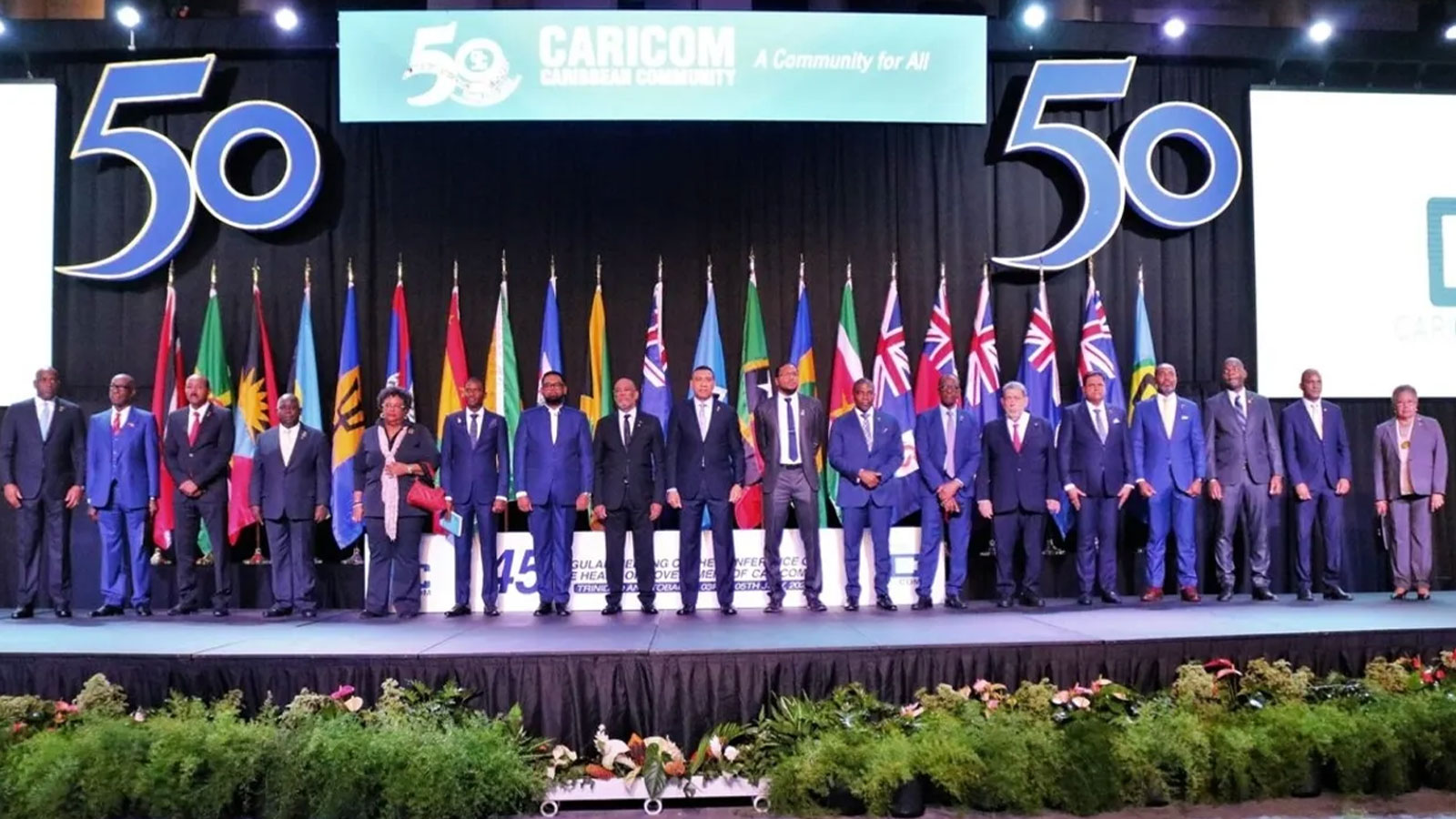In March 2024, CARICOM commits to free movement for all nationals, aiming to boost economic and social integration. This historic decision faces both opportunities and challenges.
As the calendar turns to March 2024, CARICOM leaders have made a commitment that could transform the economic and social landscape of the Caribbean: the implementation of free movement for all CARICOM nationals.
This decision, reached during the 46th meeting in Guyana, marks a pivotal moment in the region’s push towards deeper integration and economic efficiency through the CARICOM Single Market and Economy (CSME).
Historical Context and Recent Developments
The concept of free movement within CARICOM is not new, but its full realization has faced numerous obstacles. Traditionally, the movement of skilled nationals has been facilitated, yet broader application has lagged.
The recent summit’s communique hinted at progress, with agreements on drafting amendments to the Revised Treaty of Chaguaramas to include guarantees for CARICOM nationals exercising free movement rights. However, the mixed messages from leaders, including an undefined timeline, suggest hurdles remain.
Implications for CARICOM Nationals
The potential impact of unrestricted movement is vast, promising enhanced economic opportunities and social integration. It could allow for a more efficient allocation of labor and capital across the region, fostering economic growth. Yet, the execution faces legal and logistical challenges, requiring amendments to the treaty and domestic legislation across member states.
The optimism expressed by leaders at the summit, coupled with the commitment to expedite several CSME objectives, offers hope. Still, the road ahead is complex, with the need for consensus on the implementation timeline.
Looking Forward: Opportunities and Challenges
The vision for free movement by March 2024 embodies the promise of a more integrated Caribbean community. It holds the potential for economic resilience and social cohesion, offering a counter-narrative to fears of ‘the other’ that can dominate discussions on migration.
However, the success of this initiative depends on the ability of CARICOM leaders to navigate the intricate process of treaty amendments and domestic policy adjustments. The mixed messages emerging from the summit underscore the uncertainty that lies ahead, challenging the region to meet its ambitious goals.
Source: BNN















